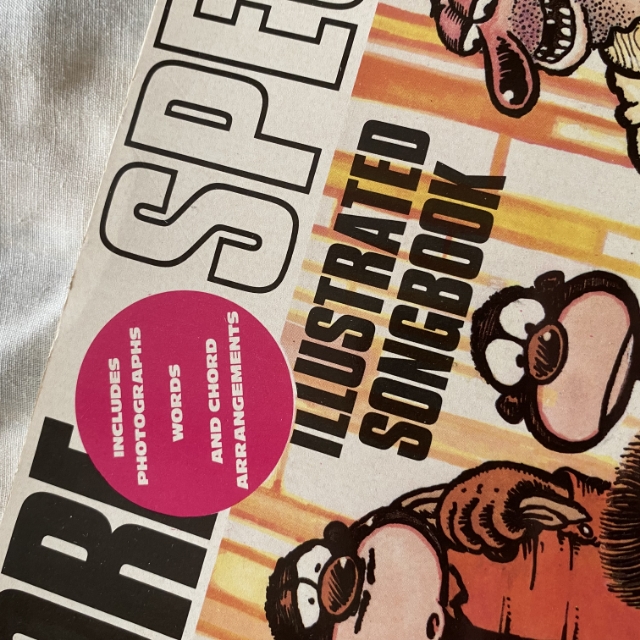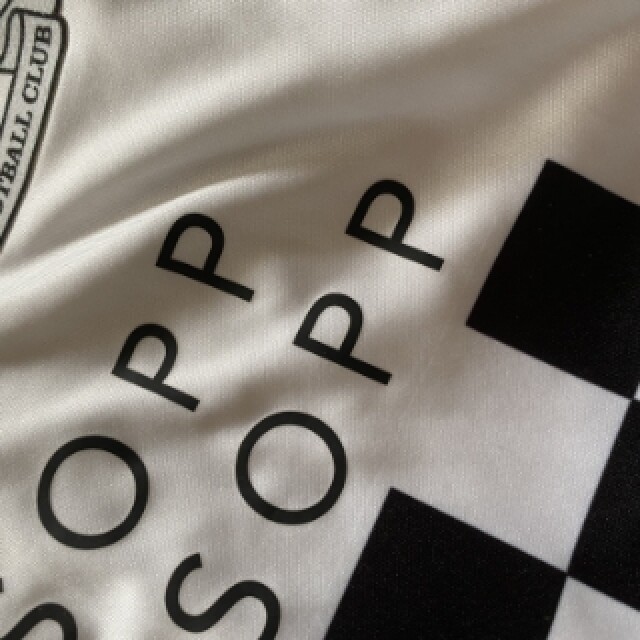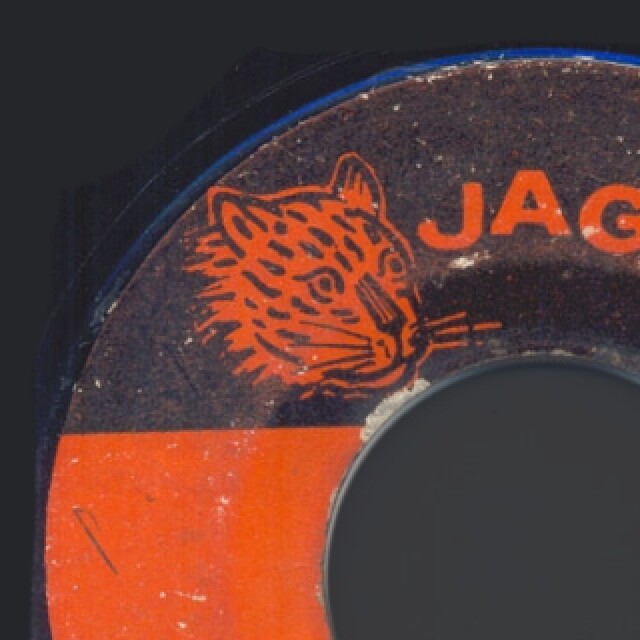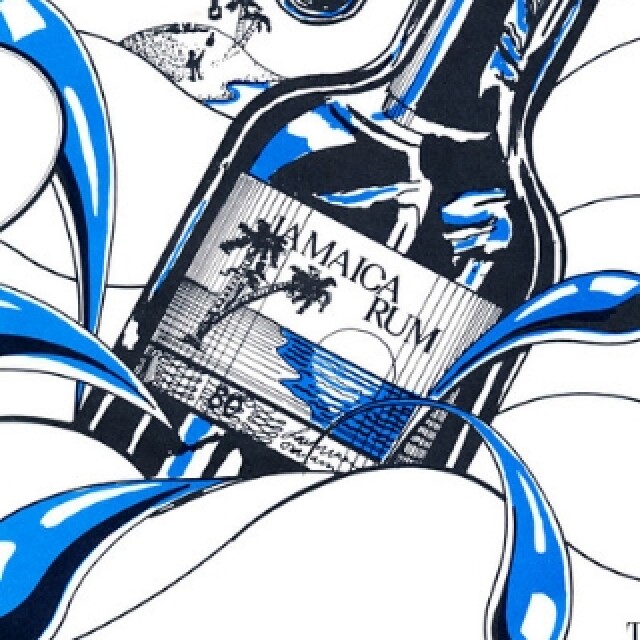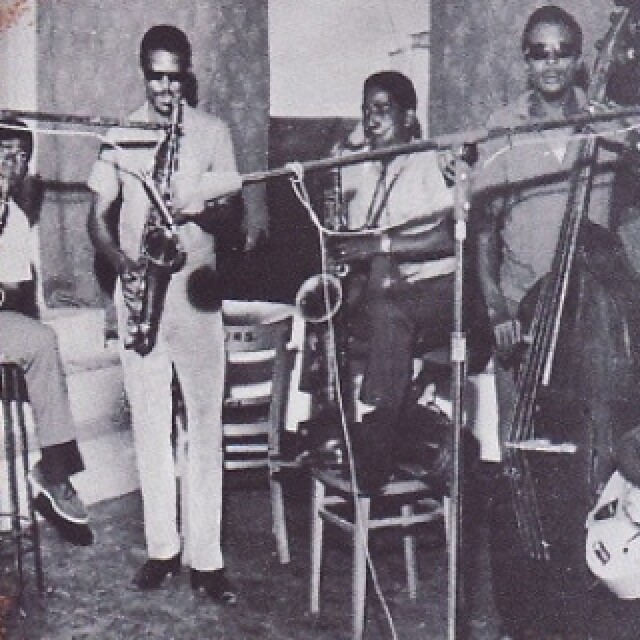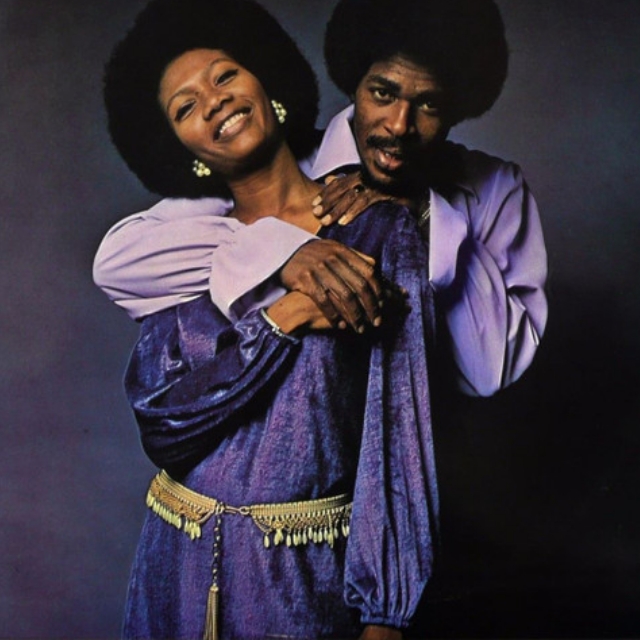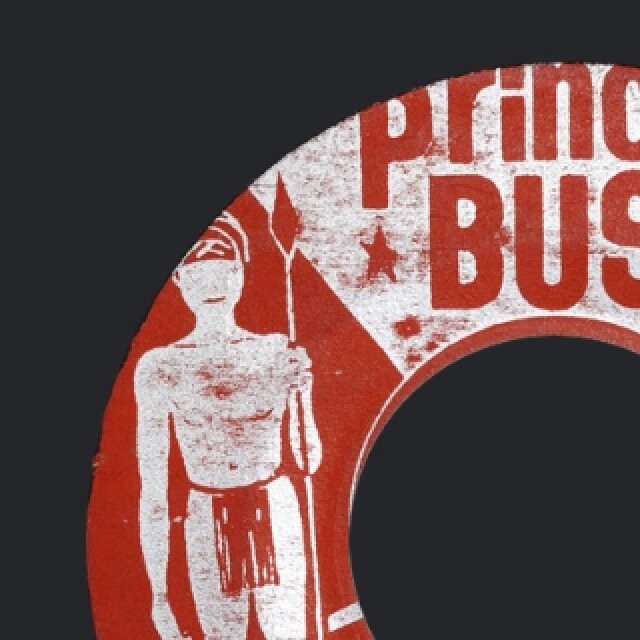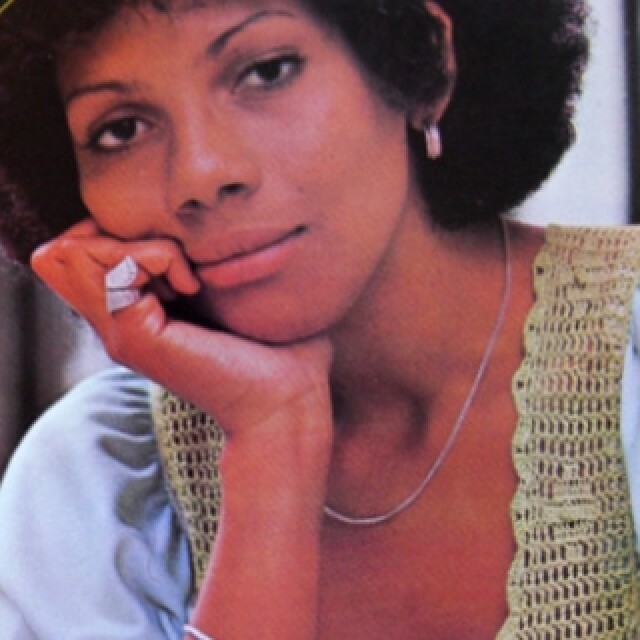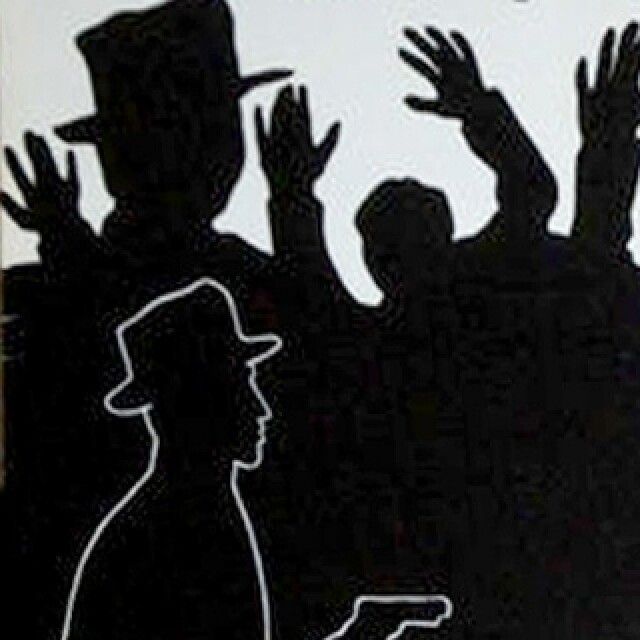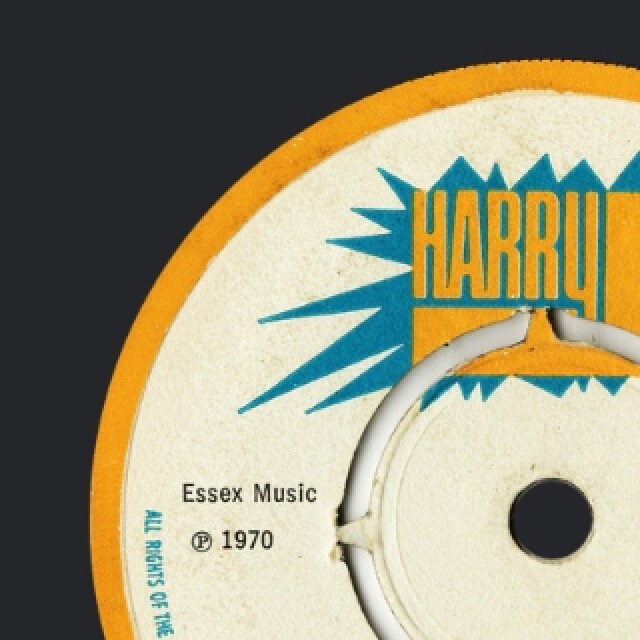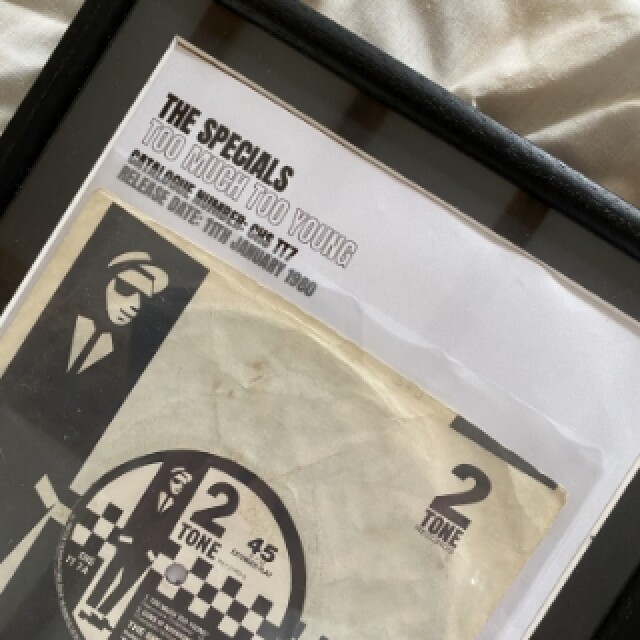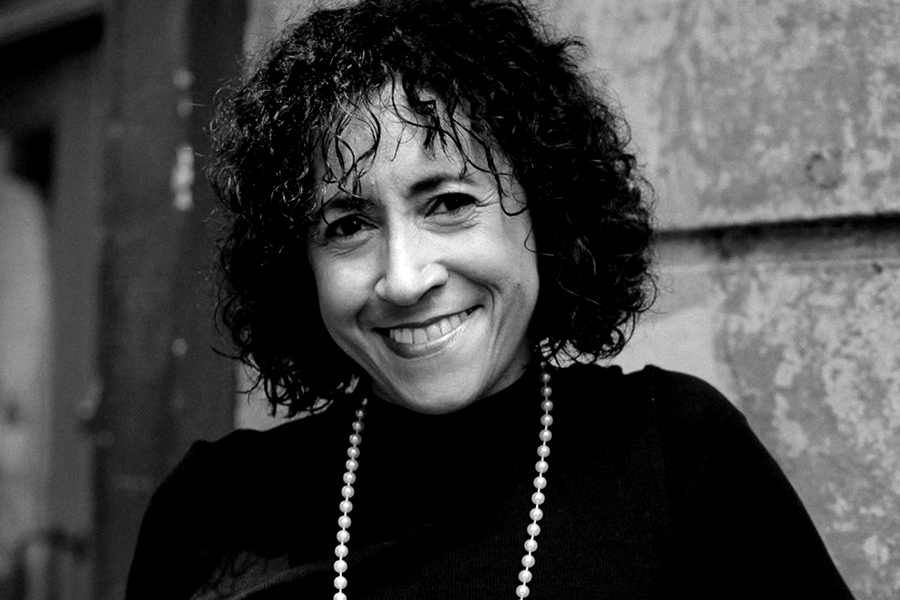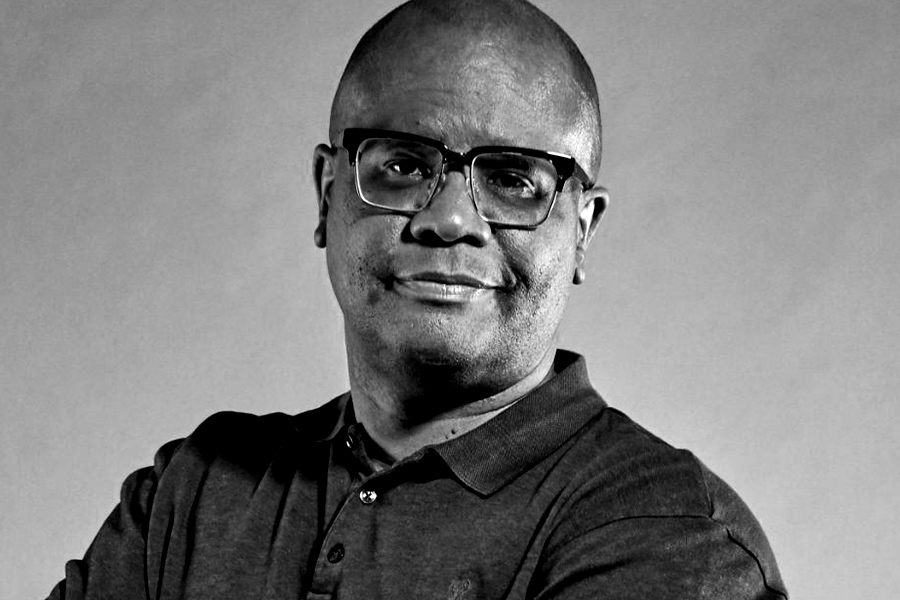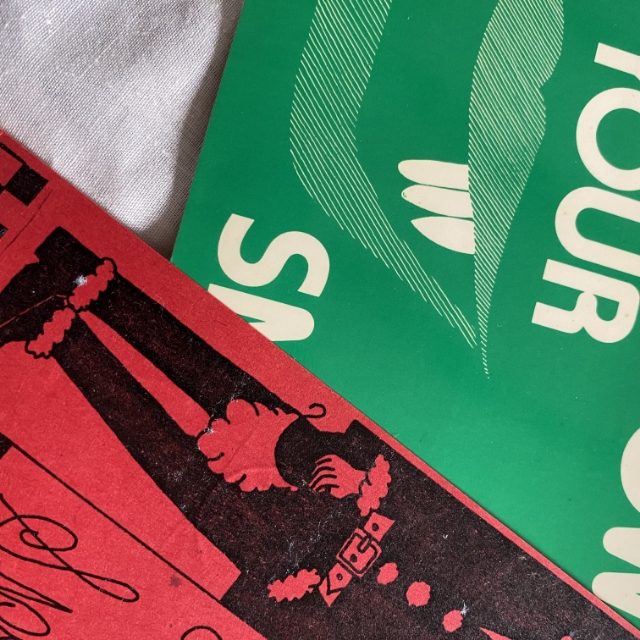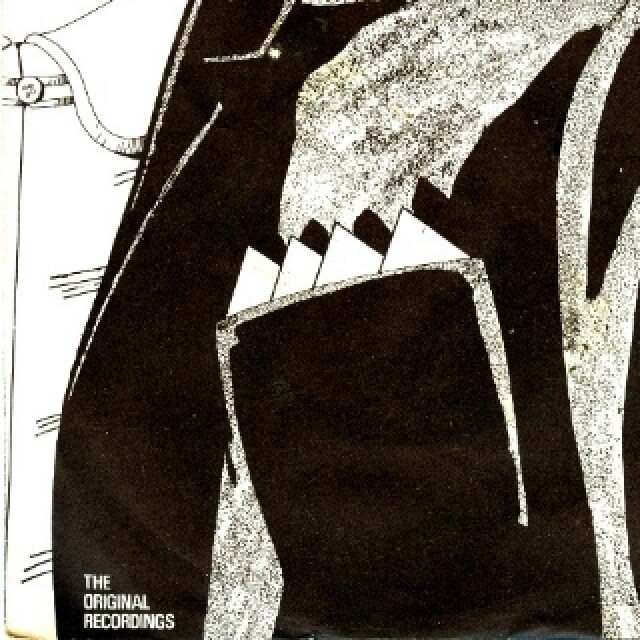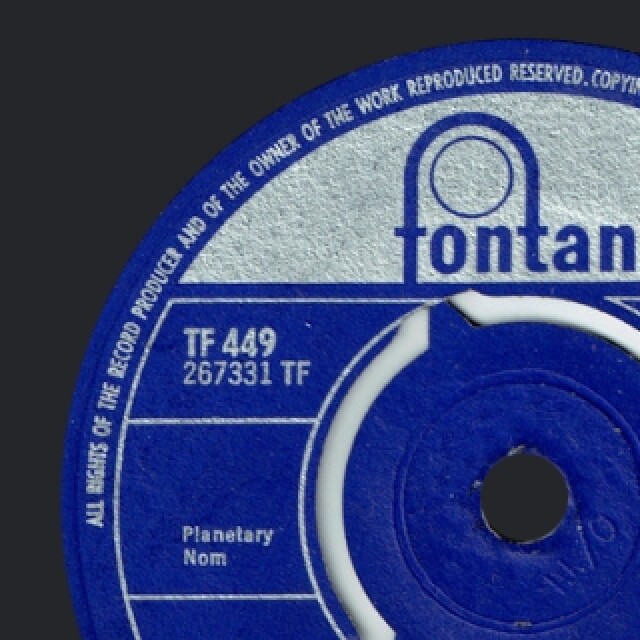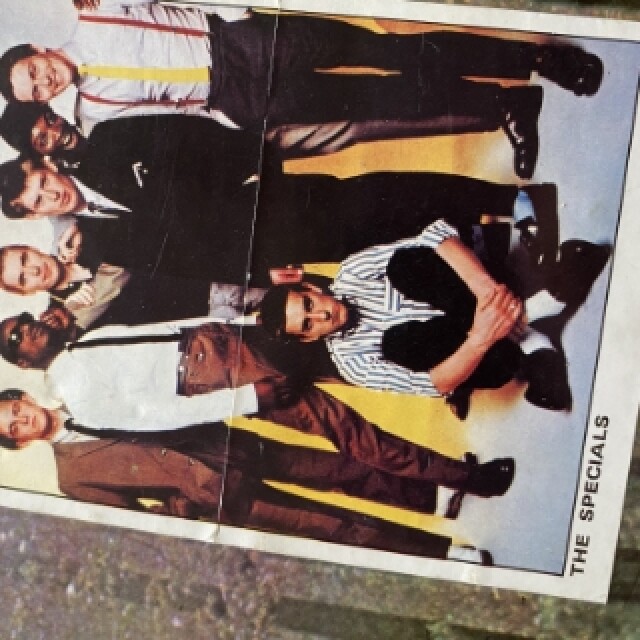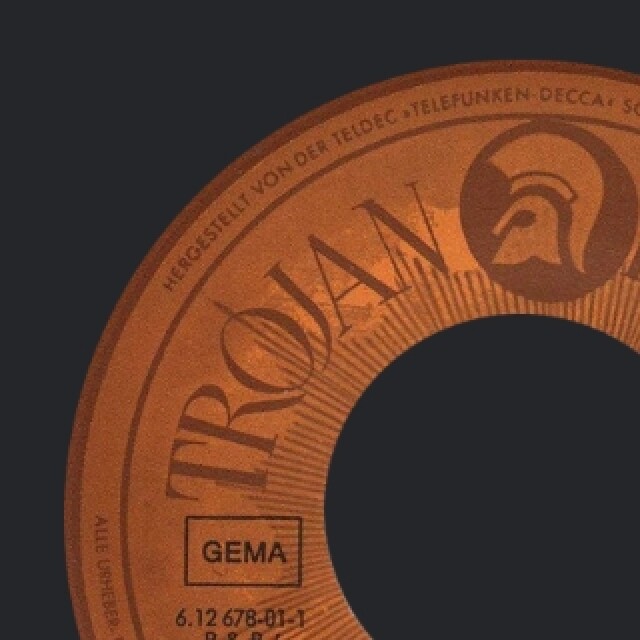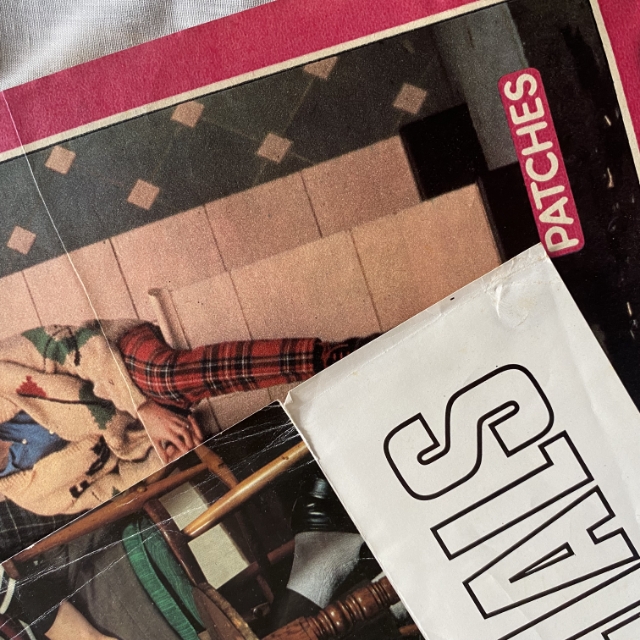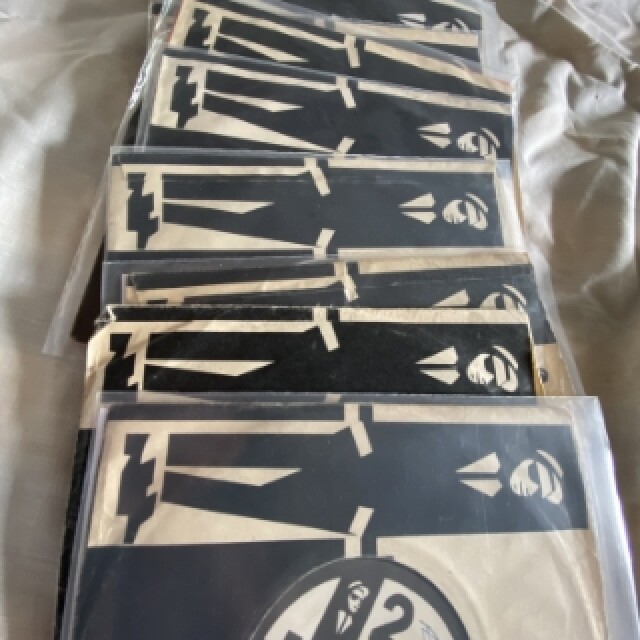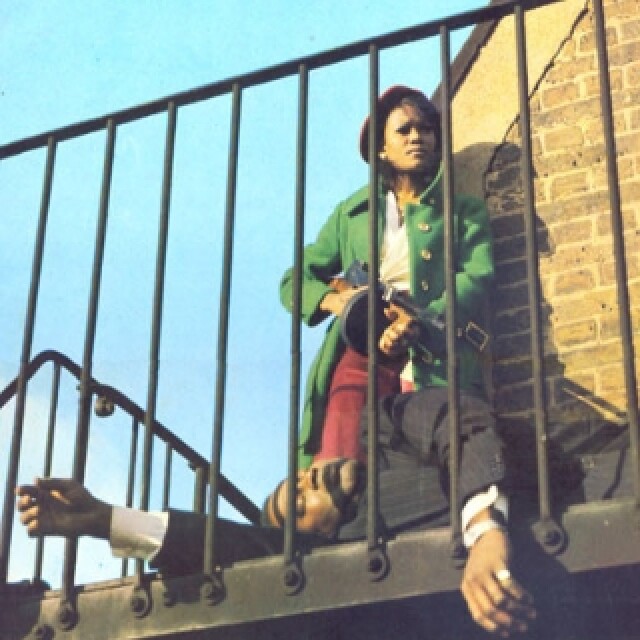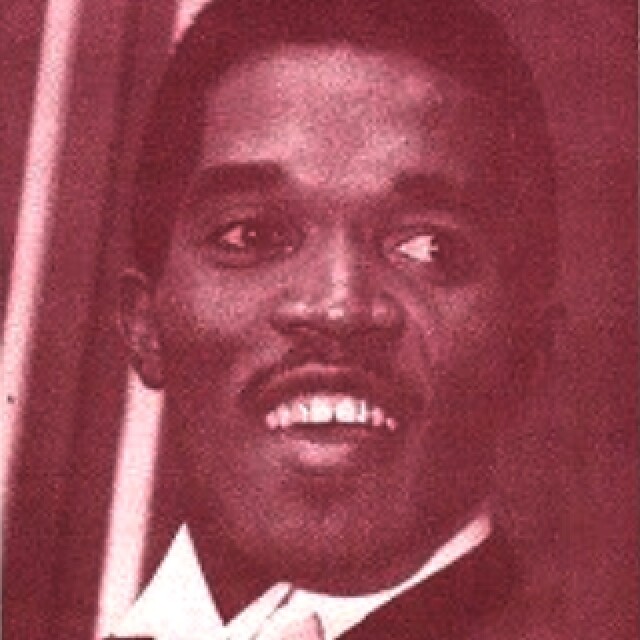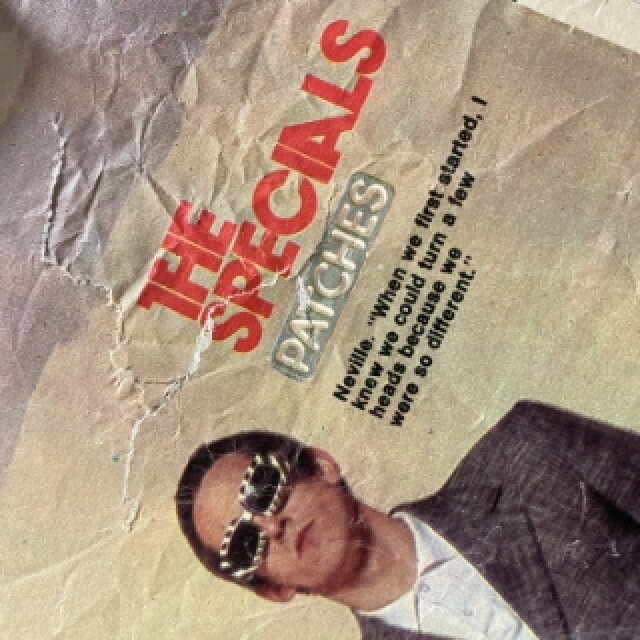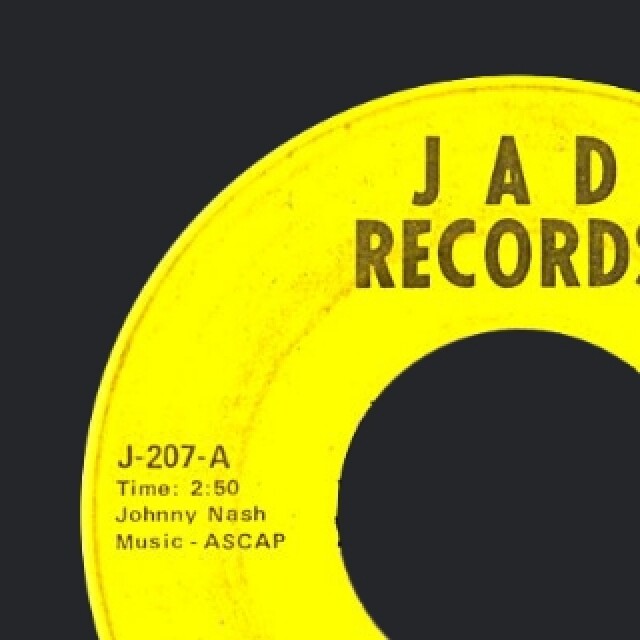On July 28th 1967, British-based Jamaican music company, Island Records launched a label to showcase the output of one of the most popular and successful producers of the ska and rock steady eras – Arthur ‘Duke’ Reid.
The imprint, called ‘Trojan’ after the title Mr. Reid had acquired during his early days in the music business, surprisingly failed to fulfil its potential and folded after a matter of months. And this may well have been the end of the Trojan story…
On July 28th 1967, British-based Jamaican music company, Island Records launched a label to showcase the output of one of the most popular and successful producers of the ska and rock steady eras – Arthur ‘Duke’ Reid.
The imprint, called ‘Trojan’ after the title Mr. Reid had acquired during his early days in the music business, surprisingly failed to fulfil its potential and folded after a matter of months. And this may well have been the end of the Trojan story had it not been for the creation of a new Jamaican music company, launched in the summer of ’68, which was in need of a suitably dynamic name.
The result of a merger between by Island Records and one of its main competitors, B&C, Trojan Records promptly launched an ambitious programme of issuing singles on a variety of labels that highlighted music from every producer of note, ranging from British-based music makers such as Robert ‘Dandy’ Thompson, to such esteemed Jamaican operators as Lee ‘Scratch’ Perry, Edward ‘Bunny’ Lee and, of course, Duke Reid himself.
Trojan’s rapid growth during its first year was due in no small part to the development of a working class youth movement that embraced Jamaican music as part and parcel of its culture: skinheads.
The purchasing power of this fast developing demographic resulted in an explosion in sales and in the summer of ‘69 the company enjoyed its first mainstream hit with ‘Red Red Wine’ by a little known British-based singer Tony Tribe. Its success was soon eclipsed when the Upsetters, the Pioneers, Jimmy Cliff and Harry J’s All Stars all made their way onto the higher reaches of the mainstream listings.
The Trojan bandwagon rolled on remorselessly into the new decade, with the likes of Desmond Dekker, the Maytals and Bob & Marcia all flying high on the British Pop charts.
In the spring of 1971, Dave & Ansel Collins’ ‘Double Barrel’ provided Trojan its first UK number one, while further chart entries followed with hit singles by Bruce Ruffin, Greyhound and the Pioneers.
Aside from their overtly commercial output, the company also highlighted music by artists largely unknown outside Jamaica, many of which would later become major international recording stars – among these were Dennis Brown, Gregory Isaacs and a Kingston-based vocal trio called Bob Marley & the Wailers.
Trojan remained hugely successful over the next year or so, with further major hits from Dandy Livingstone, John Holt, Ken Boothe and the larger than life ex-bouncer, Judge Dread, but in 1975, after experiencing financial difficulties, the label acquired a new owner in Marcel Rodd.
Rodd’s inexperience with Jamaican music proved costly and despite signing new deals with a number of up-and-coming producers, Trojan struggled, but as the seventies came to a close, the ‘Ska Revival’ brought a dramatic upturn in its fortunes.
The success of bands such as the Specials and Madness sparked renewed interest in vintage ska and reggae classics and for a time Trojan thrived once more, with compilations, such as ’20 Reggae Classics’ and Bob Marley‘s ‘In The Beginning’, compiled by label manager, Patrick Meads, selling particularly strongly.
Unfortunately, the good times were not to last and in 1985, with the ska boom long since over, Colin Newman – an accountant by profession and avid collector by nature – purchased the label. Under Newman’s direction, Trojan’s primary focus was on its formidable back catalogue, with various specialists employed to ensure it maintained its position as the world’s leading vintage reggae record company.
Some 15 years later, Sanctuary Records became Trojan’s fourth owners, paying over £10 million for the privilege. Over the next few years, the label went from strength to strength, its already vast catalogue augmented by those of RAS and Creole, resulting in an astoundingly diverse range of releases, highlighting everything from ska to dancehall.
The Trojan Records story took its next dramatic turn in June 2007, when the Universal Music Group purchased Sanctuary in its entirety, bringing the Jamaican music imprint back under the same roof as Island, the label that had been instrumental in its creation some 39 years before.
Universal maintained the catalogue for the next 7 years, issuing numerous acclaimed collections and reviving the much-missed Trojan Appreciation Society, before reluctantly selling the imprint to BMG, a subsidiary of one of Europe’s biggest media companies, Bertelsmann.
Much has changed since the summer of 1968, yet despite the rise and fall of numerous music trends and the development of new formats on which music can be acquired, Trojan Records has consistently maintained a significant and relevant presence in an ever-competitive market. And such is the vast wealth of music at its disposal there is no reason why it should not continue to do so for many, many years to come.




